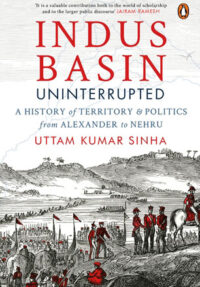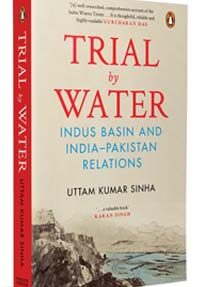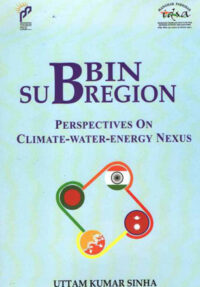On Your Marx!
When the Berlin Wall was brought down in 1989, followed by the subsequent disintegration of the Soviet Union, one is unsure whether Francis Fukuyama was actually singing a ditty with the ‘End of History’ as the tag line (to the tune of ‘We Are the World …’, the famous Michael Jackson song). Fukuyama celebrated his ‘free at last!’ moment by writing a book called End of History, for which he has had to apologise a few times since.
- Pinaki Bhattacharya
- September 2012












